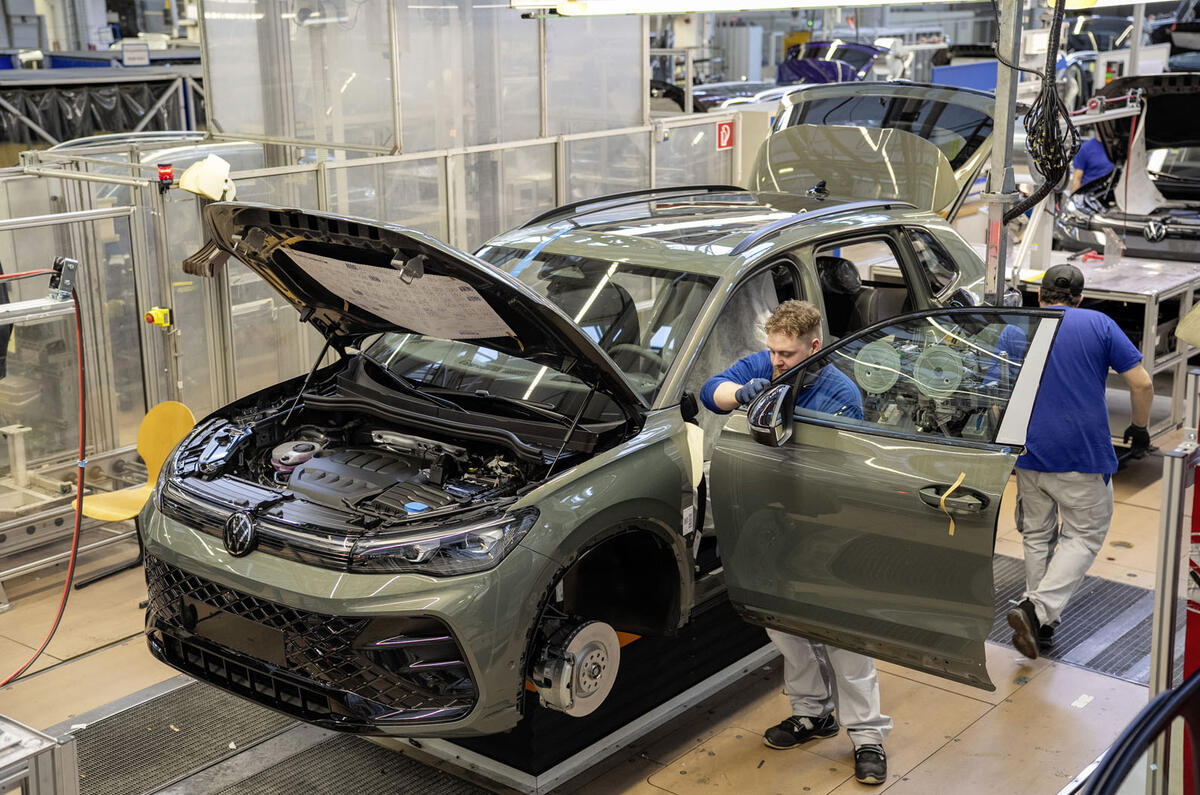A growing semiconductor shortage could bring European production lines to a standstill, car makers are being warned, as the Volkswagen Group has admitted that it currently only has enough chips to last “until the end of next week”.
The growing crisis has been caused by China suspending exports of chips made by Nexperia, as part of a political dispute with the US.




Add your comment